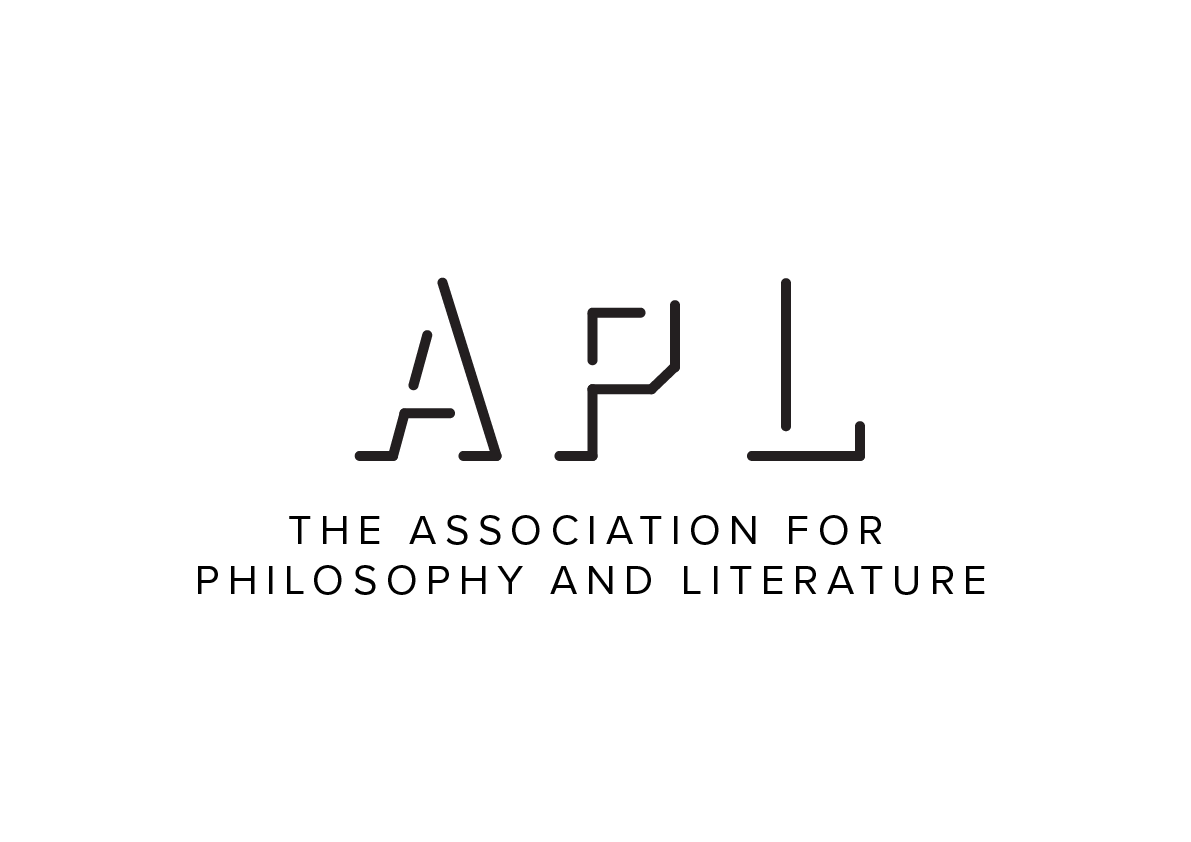Keynote Speakers
Catherine Malabou
Catherine Malabou is Professor of philosophy at the Centre for the Study of Modern European Philosophy at Kingston University, London, at the European Graduate School and in the Comparative Literature Department at the University of California, Irvine. Her influential research and writing covers a range of figures and issues, including the work of Hegel, Freud, Heidegger, and Derrida; the relationship between philosophy, neuroscience, and psychoanalysis; and concepts of essence and difference within feminism. Malabou’s many groundbreaking works include The Future of Hegel: Plasticity, Temporality and Dialectic (2005), Plasticity at the Dusk of Writing: Dialectic, Destruction, Deconstruction (2009), Sois mon corps (2010, with Judith Butler), and Pleasure Erased: The Clitoris Unthought (2022). Also in 2022, Edinburgh University Press released the first curated collection of her expansive oeuvre: Plasticity: The Promise of Explosion (edited by Tyler M. Williams).
Keynote Address:
“Dostoyevsky Reads Hegel in Siberia and Bursts into Tears”: László Földényi's Approach to the Relationship between Literature and Philosophy
Abstract:
We know from Joseph Frank, Dostoyevsky’s American biographer, that Dostoyevsky wrote to his brother in St. Petersburg in 1854 to ask him to send Kant, Vico, Ranke, and the Church Fathers, and “to slip Hegel in without fail, especially Hegel’s History of Philosophy, my entire future is tied up with that” (Frank 1987: 169). What we do not know is whether Dostoyevsky actually read Hegel’s Lectures in Siberia.
Földényi’s fiction starts with this hypothesis: What if he did? What if he did read the Lectures while in Semipalatinsk? What would have the frontiers between dialectical exclusion and literary redemption looked like?
GEOFFREY BENNINGTON
Geoffrey Bennington is Asa Griggs Candler Professor of French and Professor of Comparative Literature at Emory University in Georgia, United States, and Professor of Philosophy at the European Graduate School in Saas-Fee, Switzerland, as well as a member of the International College of Philosophy in Paris. His more recent publications include Scatter 2: Politics in Deconstruction (2021), Kant on the Frontier: Philosophy, Politics, and the Ends of the Earth (2017), and Scatter I: The Politics of Politics in Foucault, Heidegger, and Derrida (2016). Bennington is also the translator of works by Derrida, Lyotard and other French thinkers. He is a member of the French editorial team preparing Jacques Derrida's seminars for publication, and General Editor with Peggy Kamuf of the English translation of those seminars (for the University of Chicago Press). Concurrently, he is completing a book of essays in the wake of the Scatter project, entitled Down to Dust, and a monograph on the German philologist Paul Friedländer’s disagreement with Heidegger over the interpretation of the Greek aletheia.
Keynote Address:
The Very Idea: Philosophy and Other Catastrophes
Abstract:
This paper identifies the concept (the idea, the notion) of the Idea as a crux of deconstructive thinking. Most clearly in his late work, Derrida quite emphatically takes his distance from Kant’s “regulative idea,” but the logic behind that gesture is complicated, especially when it is related to Derrida’s own earlier understanding of Husserl’s concept (idea or notion) of the “Idea in the Kantian sense” which, read deconstructively, leads Derrida to some of his most radical challenges to teleology, to phenomenology, and thereby to philosophy as such. I will suggest that the kind of internal catastrophe of philosophy that these challenges provoke can in fact best be understood by a return to Kant’s own thinking of the Idea, which I try to show, against standard readings of Kant and against Kant’s (and perhaps Derrida’s) reading of Kant, itself (as what I call the “very idea”) provokes a generalizable catastrophe of thinking. I will argue in conclusion that this “catastrophe” is at least implicit throughout Derrida’s work, and can help us to understand such notions as the trace, the “quasi-transcendental,” and the logic of necessary possibility.
Carolin Amlinger
Carolin Amlinger leads the research project "Reading: Taste and Social Boundaries" at the University of Basel. Her work spans 19th and 20th century continental philosophy, with a particular focus on a number of contemporary issues and trends - such as the post-truth crisis, authoritarianism, and speculative realism. In 2022, she was awarded the Dissertationspreis of the University of Darmstadt for her doctoral thesis Writing: A Sociology of Literary Work (2021). Her next book, Offended Freedom: Aspects of Libertarian Authoritarianism, was then nominated for the 2023 Prize of the Leipzig Book Fair. Her other published works include The Inverted Truth. On the Relationship between Ideology and Truth (2014). In 2023 she was awarded the Young Thinker Award by the magazine politik & kommunikation. Amlinger’s current project is titled “Literacy: Aesthetic Classifications and Social Classes.” Her book Destructive Desire: Elements of Democratic Fascism (co-authored with Oliver Nachtwey) will be published in fall 2025.
Keynote Address:
Blocked Lives: The Making of the Self After Progress
Abstract:
With the waning legitimacy of the promise of progress, a new cultural condition emerges marked by a pervasive sense that life has stalled. The keynote traces the contours of a world-feeling in which the future appears closed, self-realization seems thwarted, and formerly plausible life paths are experienced as obstructed. This affective structure, described here as the condition of “blocked life,” signals more than disappointment: it reflects a deep cultural reorganization of time, hope, and belonging.
Within this temporal atmosphere, social conflicts increasingly take the shape of zero-sum struggles. Gains by others are perceived not as signs of progress but as evidence of one’s own decline. In this worldview, lived normality becomes a contested good, symbolic boundaries harden, and desires for order turn destructive. Destructive fantasies do not arise in a vacuum; they are affective responses to a world that no longer accommodates one’s imagined future and instead appears to reward others at one’s expense. The keynote asks what happens when societies no longer promise “more for all” but instead cultivate the feeling that “nothing is left.”



